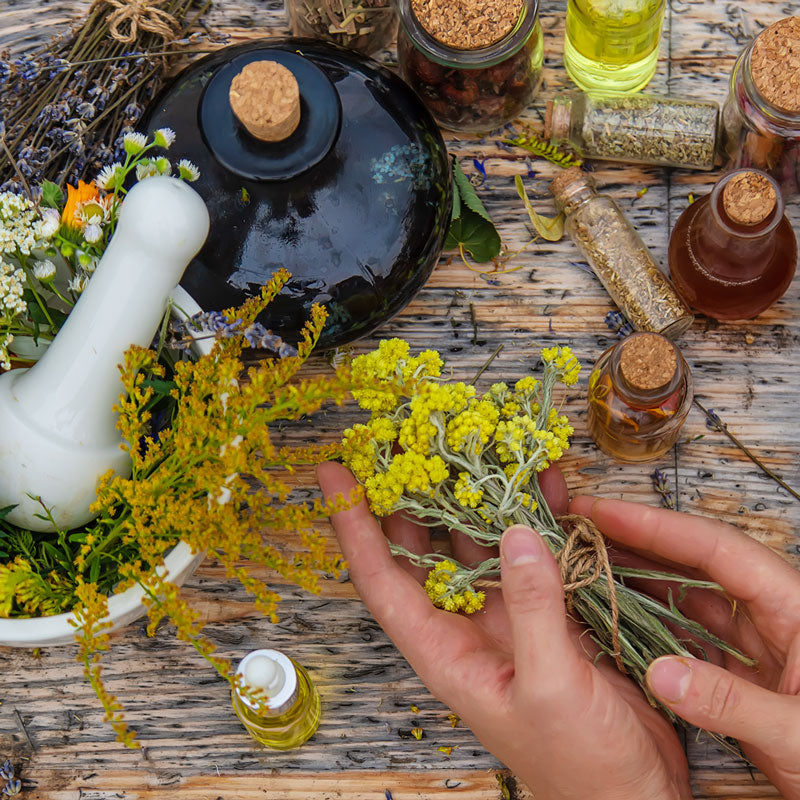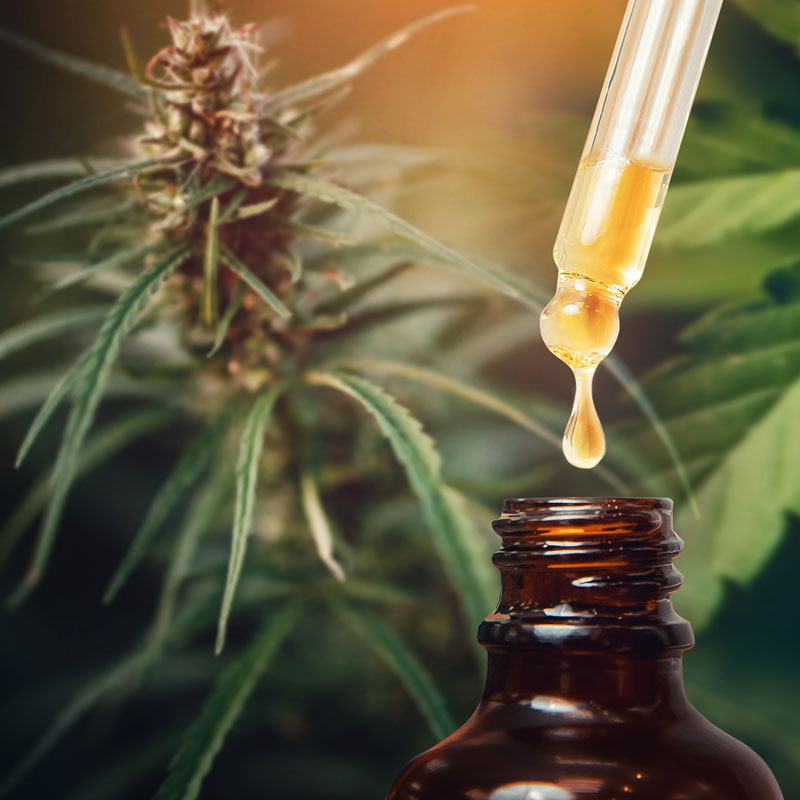The Influence of Traditional Native American Herbalism on Modern Wellness Practices

For centuries, the indigenous tribes of North America have harbored a deep-rooted connection with the Earth, cultivating an intricate knowledge of plant-based healing that has profoundly influenced modern herbalism and naturopathy. These days, people use food grade ethanol to extract the beneficial properties from plants like the ones listed below. Let's journey through the last millennium to discover the timeless techniques and potent ingredients that Native American herbalism has imparted to today's wellness practices.
Harmony with Nature
Traditional Native American herbalism is built on the concept of harmony with nature. Every plant has a spirit, and the healer's role was not only to treat physical ailments but also to restore spiritual balance. This holistic approach has influenced today's naturopathy, encouraging a shift from symptom-based treatments to treating the person as a whole.
Smudging Rituals
One technique that has permeated modern practices is smudging, an ancient ritual for purification and healing. Herbs like white sage, sweetgrass, and cedar are burned, and the resulting smoke is thought to cleanse negative energy. This ritual has found a place in modern-day mindfulness and meditation practices.
Sweat Lodge Ceremonies
Sweat lodges, essentially a type of sauna, were commonly used for purification, healing, and spiritual growth. Today, the concept of detoxification through sweating is recognized in practices like hot yoga and infrared saunas.
Herbal Remedies
Native American herbalism also introduced an array of powerful plants to the realm of modern herbalism and naturopathy:
Echinacea: The roots of this plant were used by the Plains Indians for a variety of ailments, including infections and wounds. Modern herbalists often recommend Echinacea to bolster the immune system and fight colds and flu.
Goldenseal: The Cherokee and Iroquois tribes used Goldenseal as a multi-purpose remedy. Its antimicrobial and anti-inflammatory properties make it a popular herb in current natural health circles.
Yucca: The Native Americans used the roots of the Yucca plant as a soap and shampoo. Today, Yucca extracts are used in natural skincare products for their potential to alleviate skin conditions and promote hair health.
White Willow: Native American healers recognized the pain-relieving properties of this tree's bark, which contains salicin, a chemical similar to aspirin. Modern herbalists continue to use White Willow as a natural analgesic.
Black Cohosh: Traditionally used by Native American women for menstrual cramps and menopause symptoms, Black Cohosh remains a popular natural remedy for women's health issues.

In their reverence for the Earth and keen understanding of botanical healing, Native Americans pioneered practices that continue to inform and enrich modern herbalism and naturopathy. Their timeless wisdom serves as a vital reminder of the interconnectedness of our physical, spiritual, and environmental health.








